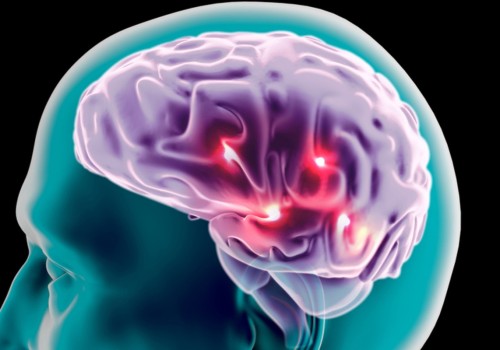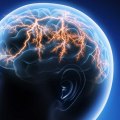Patients and providers should be aware that addiction is a treatable illness, not a moral defect. The extent and impact of substance abuse on society are immense. Unfortunately, physicians and their patients are often subject to the same unscientific and shameful beliefs about substance misuse; these beliefs create barriers to treatment. Angel's story conveys the feeling that her mother is being stigmatized by health care providers due to her illness.
Lozano's intervention is an example of knowledge that can help to dissipate both stigma and pain. Doctors' fear of offending patients often leads them to avoid making the diagnosis of substance abuse or dependence. Just as knowledge about the Mongolian stain allowed Angel's mother to free herself from her erroneous belief, providers can also benefit from leaving aside the unscientific and beliefs harmful to substance abuse. Patients and providers should know that addiction is a treatable illness, not a moral defect.
The Washington Post explains that people with substance use disorders have a brain that makes it difficult to resist the attraction of addictive drugs and alcohol. Two decades of research have discovered a series of chemical and physical changes that take place in the brain, and in its functioning, that make an addict feel truly defenseless in the face of compulsions. These 13 principles of effective drug addiction treatment were developed based on three decades of scientific research. Research shows that treatment can help people who are drug addicted to stop using drugs, prevent relapses and successfully recover their lives. Addictions are not problems of willpower or morality.
Addiction is a powerful and complex illness. People who have a drug addiction can't just stop smoking, even if they want to. Drugs change the brain in a way that makes it physically and mentally difficult to stop smoking. Addiction treatment often requires lifelong care and therapy. An associate professor in the Department of Health Policy and Management at Johns Hopkins reiterates that drug addiction, like mental illness, is a treatable health condition; but because of misunderstandings in human psychology and the way drugs work, people still tend to think that alcoholism and Drug addiction are signs of moral and character defects. Without a doubt, if overcoming addiction were as easy as simply choosing to stop, the problem of addiction would be much easier to address and relapses wouldn't be as common.
Research has identified a number of areas of the brain that are key to the development and persistence of addiction. The paradigm has changed to the point where even political conversations avoid the moral model of addiction. Similarly, fully framing addiction as a medical problem presents a comparison of apples and oranges with other medical cases, such as cancer. Addiction can cause physical and psychological problems, as well as interpersonal problems, such as with family and friends or at work. He drew a stark contrast between the way his mother's tobacco addiction was managed and the way the general public talks about addicts. At the same time that the drug causes these changes in the brain that are associated with the development of addiction, the individual can also tolerate higher doses and even depend on the medication to feel good. At the beginning of addiction treatment, many people require a professional detoxification period to allow the body to readjust to the lack of the drug (go through abstinence) while under supervision.
However, Lozano's article also illustrates the power of medical personnel to positively intervene in addictions, and his encounter with Angel's mother stimulates a series of observations. Some schools of thought view addiction treatment as little more than the person making the decision to stop using it. A person who has entered this stage of addiction will not settle for incremental doses, but will be forced to actively seek larger doses. As with most people, addicts cross the line between what they want and what it costs to have those things. It is important for patients and providers alike to understand that addiction is a treatable illness rather than a moral defect or lack of willpower. Research has shown that treatment can help individuals who are addicted to drugs stop using them, prevent relapses, and successfully recover their lives.
Treatment often requires lifelong care and therapy due to changes in brain chemistry caused by drugs which make it difficult for an addict to resist cravings for them. At its core, addiction is an illness like any other medical condition; however, due to misunderstandings in human psychology and how drugs work, people still tend to think that alcoholism or drug addiction are signs of moral or character defects. It is essential for society at large to recognize this fact in order for individuals suffering from addiction to receive proper care without fear or shame.






